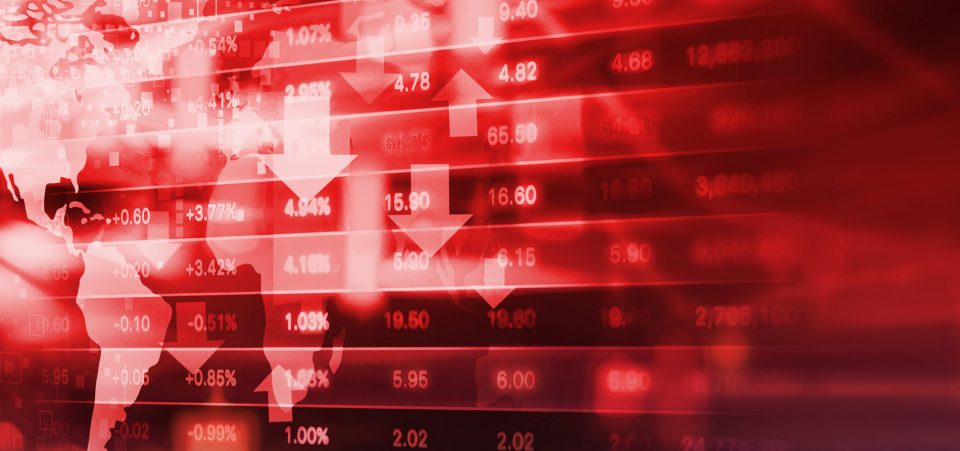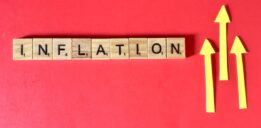If a Stock Market Crash Hasn’t Happened Yet, It’s Because Low Rates Have Distorted Demand
The Dow Jones Index has crossed its latest major milestone. It’s now above 22,500 points. Has anything happened to warrant stocks making such a move? There were troubling signs from all over the world over the weekend, pointing to one form of risk or another. An illegal referendum in Europe, a mass shooting in Las Vegas, and absolutely no news to prop it up results in the Dow hitting a new record. If a massive stock market crash hasn’t happened yet, it’s only because of the Federal Reserve.
One wonders what a stock market released from the purse strings of the Federal Reserve might look like. The current market narrative has reached a level of simplicity such that anyone can invest. That’s the problem: anyone can invest. Logic becomes distorted, which, in turn, distorts Wall Street. When the real investors take charge, perhaps we might see a massive stock market crash, or meltdown if you prefer.
With interest rates remaining at close to zero, there’s little money to be made keeping cash. Investors want to make their money work for them. That’s the whole point of investing. Leaving it in a savings bank account now—even one in Switzerland—isn’t going to do much. You even run the risk of having to pay for the privilege of the bank holding the money because of negative interest rates. So investors put money where they find “jobs” for it.
The stock market is open for business and waiting to take your money. Of course, investors are buying and overpaying. Once they realize they’re contributing to the distortion, they will pull the plug, triggering the biggest stock market crash of the century.
There’s Pressure to Buy
Until then, the storytellers in the mainstream press urge everyone to buy. There are no reasons to sell. Look away, there’s nothing to see here. The serious investors must have already left the building with Elvis. It’s best now to stay out and observe from a distance. It’s only a matter of time. The Dow Jones will likely hit 23,000 and beyond before anyone notices, stocks have gone too high like a kitten up a tree. But unlike the kitten, who can usually count on rescuers, the markets have exhausted all rescue mechanisms.
The result is that with each passing day, the wise will have a more spectacular crash to observe. If you like the sight of big waves crashing against the shore, you will be in for a treat. A massive financial tsunami will spill all over Wall Street, sending ripple effects to London, Tokyo, and Beijing.
Truly, the markets have hit such highs that analysts have exhausted all possible explanations. There was the Trump tax cut and then the infrastructure rebuild. None of the two have yet to be passed, let alone implemented. Meanwhile, U.S. public plus private debt exceeds $60.0-trillion. (Source: “Global borrowing hits record as big central banks prepare to tighten credit,” The Business Times, June 28, 2017.)
The debate is still out on whether Trump’s tax cuts will help the middle class as the president says. One thing seems certain, the betting guy or gal will be betting on debt increasing by a trillion or two—if adopted along with the spending promises. Yet, there is an obvious reason, few in the circles of respectable punditry, seem willing to discuss.






